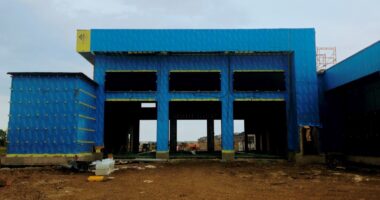Commissioning means different things to different stakeholders in the building process. Here’s a quick overview of what it means to your team when including this crucial service in your process:
Most building owners think that commissioning and overall quality control should be provided by the contractors and consultants involved in a project. In an ideal world, that would certainly make sense; however, there are several factors that can increase your risks:
A competitive marketplace. When contractors and consultants compete on price and offer below-cost bids, quality can suffer. An outside source for quality control offers an impartial eye that identifies problems and helps maintain quality.
Advanced technology. Building systems are getting more complicated every year. Increased complexity means a greater chance for error; the only solution is more installation supervision through a quality control program.
Delays and increased costs. Owners face increased construction costs, delayed occupancy schedules and a variety of other problems when the building is handed over. The commissioning process reduces these risks.
Commissioning helps you achieve your goals. The process confirms that your requirements get conveyed accurately to the design team and ensures that they include those requirements in their design. Expert consultants review the design and identify any issues that may have been overlooked. They make sure components are installed right, that systems operate correctly, that any limitations have been identified, and that operators are well-trained on systems to protect life expectancy and energy performance.
Benefits include:
Building owners are increasingly asking architects to include a commissioning agent on their design team to maintain quality control. The commissioning process has a number of benefits for both owners and architects; it provides a smoother transition from installation stage to the fully operational stage, helps keep the project on budget and on schedule, reduces deficiencies and avoids unpleasant misunderstandings. Plus, adding a commissioning agent to the design team gives the architect greater control over the project.
Seasonal performance tests verify warranty repairs and reduce service time during the warranty period.
What does commissioning mean for the construction team? A series of checks and balances ensures the job has been completed once you’ve left the site. Commissioning makes sure that systems operate as intended and that building staff can operate a building for years to come. The process also:

